NEWS BRIEFINGS February 2025
The Supreme Court has ruled that laws and major decisions made by a legislature can be challenged and reviewed by the judiciary, explaining that judicial immunity applies only to how lawmakers conduct internal debates or voting procedures, even if there are claims of procedural mistakes.
A Delhi court on Feb 25 sentenced former Congress party MP Sajjan Kumar to life imprisonment for the killings of a father-son duo during the 1984 anti-Sikh riots in Delhi. Disappointed by the verdict after more than 40 years, many Sikhs insist that the death penalty was the only suitable outcome for a deliberate act of violence.
A renewed language conflict has erupted between the DMK-led Tamil Nadu state government and the BJP-led central government over the National Education Policy (NEP) 2020 and its three-language policy. The DMK believes that enforcing a third language in Tamil Nadu’s education system is unnecessary, would burden students and would indirectly push Hindi.
India’s middle class appears to care about women’s safety only when the woman in question belongs to a privileged caste or social class, leaving countless vulnerable women neglected. This may explain the absence of public outrage and the minimal reaction to reports of a Dalit teenager who suffered rape and abuse for five years in Kerala.
The Kerala High Court has denied anticipatory bail to Bharatiya Janata Party (BJP) leader P.C. George, citing repeated violations of bail conditions in prior hate speech cases and observing that in such cases jail sentences should be mandatory.
U.S. President Donald Trump has claimed that the Biden administration allocated $21 million through USAID for “voter turnout” in India, now calling it a “kickback scheme” without providing evidence or elaborating on who really benefitted. He suggests that the funds were meant to influence India’s 2024 Lok Sabha elections.
An investigation by the BBC says that an Indian pharmaceutical company, based in Mumbai, is sending banned opioid-based pills to West African countries. The report shows these products fueling a public health crisis in nations such as Ghana, Nigeria and Cote D’Ivoire.
An op-ed in The Hindu by Apar Gupta, a lawyer and advocate for digital freedom, suggests that the central government might be leveraging controversies involving crude remarks made by YouTubers Ranveer Allahbadia and Samay Raina on their show, “India’s Got Latent,” to advocate for stricter regulation of digital media.
A 20-year-old Nepalese engineering student, Prakriti Lamsal, at the private university Kalinga Institute of Industrial Technology (KIIT) in Bhubaneswar, Odisha, died in an alleged suicide on Feb. 16, sparking demands for justice for her family and enforce measures against racial mistreatment.
In his resignation letter, former Manipur Chief Minister N. Biren Singh urged the Central government to protect the state’s “territorial integrity.” And then days after President’s Rule was imposed, his BJP colleague Sambit Patra gave the same assurance. Both politicians seem to have ignored the risks of refusing to consider state reorganisation, which is not the same as separatism.
A magnitude 4.2 earthquake struck the Haryana-Delhi-Uttar Pradesh region early on Feb. 17, at 5.36 am, sending tremors across the National Capital Region. Occurring at a shallow depth of 10 km, the earthquake felt stronger than expected and led to concerns about the possibility of aftershocks, and whether it could be a precursor to a larger event.
The stampede at New Delhi Railway Station on the night of February 15, which claimed 18 lives and injured several others, points to a failure on the part of both the railway authorities and the government to anticipate and prevent overcrowding during the Maha Kumbh period.
The south Indian states of Karnataka, Kerala and Tamil Nadu have been ranked at the top in the country’s Panchayat Devolution Index, which measures how well state governments transfer powers, responsibilities and resources to local governing bodies called Panchayats.
Manipur’s Governor has imposed President’s Rule days after N. Biren Singh resigned as the Chief Minister – a belated official acknowledgment that the state government could not function according to constitutional provisions. The critical issue now is whether President’s Rule can ensure that Manipur will be able to operate within the constitutional framework within its maximum allowable period of three years.
Journalists and media outlets are leaving X, formerly known as Twitter, in large numbers. They cite shifting moderation policies, increased hate speech and concerns about misinformation as primary reasons for their departure.
India recorded a corruption score of 38 in Transparency International’s 2024 Corruption Perceptions Index, marking a one-point decrease from the previous year. Placing India 96th among 180 countries measured, the Index suggested India “must do much more to safeguard clean energy initiatives.”
U.S. President Donald Trump is imposing a 25% tariff on steel and aluminium imports into the United States to bolster his efforts to increase domestic production. These new duties, especially on aluminium, could also potentially strain ordinary citizens in India if it drives up prices.
The February 9 resignation of Manipur Chief Minister N. Biren Singh, which conveys little remorse or admission of failure, must at least be followed by swift and constitutionally sound action from Governor Ajay Kumar Bhalla to ensure that this potential first step toward resolving the prolonged conflict is effective.
Leading Indian news outlets want to join a lawsuit against OpenAI, claiming it used their copyrighted content without authorisation to train ChatGPT. They are seeking damages and a legal directive to stop the alleged misuse of their material.
The Supreme Court on Feb. 7 mandated that police must immediately inform the accused of the grounds for their arrest. The Court stated that failing to do so violates fundamental rights and invalidates the arrest.
The Tamil Nadu government told the Supreme Court that Governor R.N. Ravi behaved like a political opponent by withholding assent on multiple bills, arguing that his actions blocked duly passed legislation and undermined the authority of the state assembly. The court questioned the Governor’s decision to keep some bills pending for three years before declaring his intention to withhold assent and refer them to the President.
What does India have in common with the Democratic Republic of Congo (DRC), Nigeria, South Sudan and Ethiopia? Like these four African countries, India has been experiencing armed conflict between two ethnic groups in Manipur for over 21 months. However, unlike these nations, India possesses a significant capacity to control armed unrest, an area in which it can be considered “privileged.”
The Supreme Court has rebuked the Assam government for keeping people it has declared as “foreigners” in indefinite detention and for its slow pace in arranging their deportation. State officials claim they do not know where to send them. It exposes a fundamental problem rooted in the National Register of Citizens (NRC): if individuals are declared foreign solely because their documents are considered insufficient, what happens next?
Leaked audio recordings, known as “Manipur Tapes” and purportedly featuring the voice of Manipur Chief Minister N. Biren Singh, were examined by an independent forensic lab, Truth Labs Forensic Services. The examination concluded with over 93% certainty that the voice in the recordings belongs to the Chief Minister. Based on the report, below is an analysis of how the tapes were analysed and how forensic experts arrived at their conclusion.
The Supreme Court has ordered a forensic report on audio tapes allegedly linking Chief Minister N. Biren Singh to ethnic violence in Manipur. The state government is allegedly seeking to arrest the petitioner who raised these allegations before the court.
Finance Minister Nirmala Sitharaman unveiled India’s full-year budget in Parliament on Feb. 1. The budget seems to fall short of directly addressing critical economic challenges that impact the vast majority of the country’s populace, including youth unemployment, stagnating wages and widening income inequality.
A Delhi court labeled police action during the 2020 northeast Delhi riots a “hate crime” and demanded an FIR against the inspector of the police station. It also questioned whether officers neglected or concealed allegations involving former Bharatiya Janata Party (BJP) MLA Kapil Mishra, instructing the complainant to seek legal action against him.

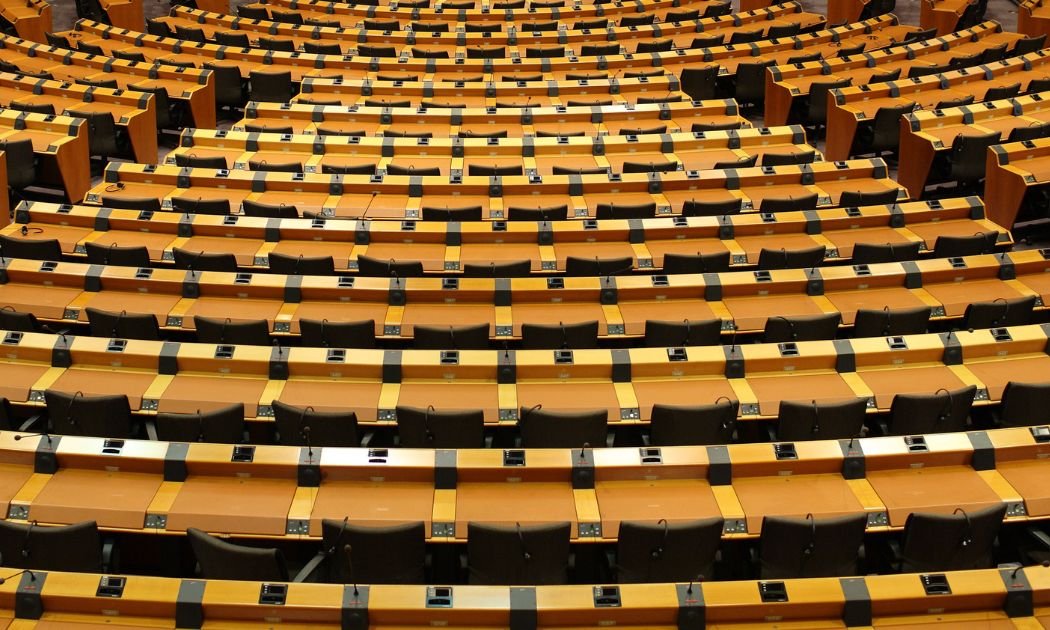
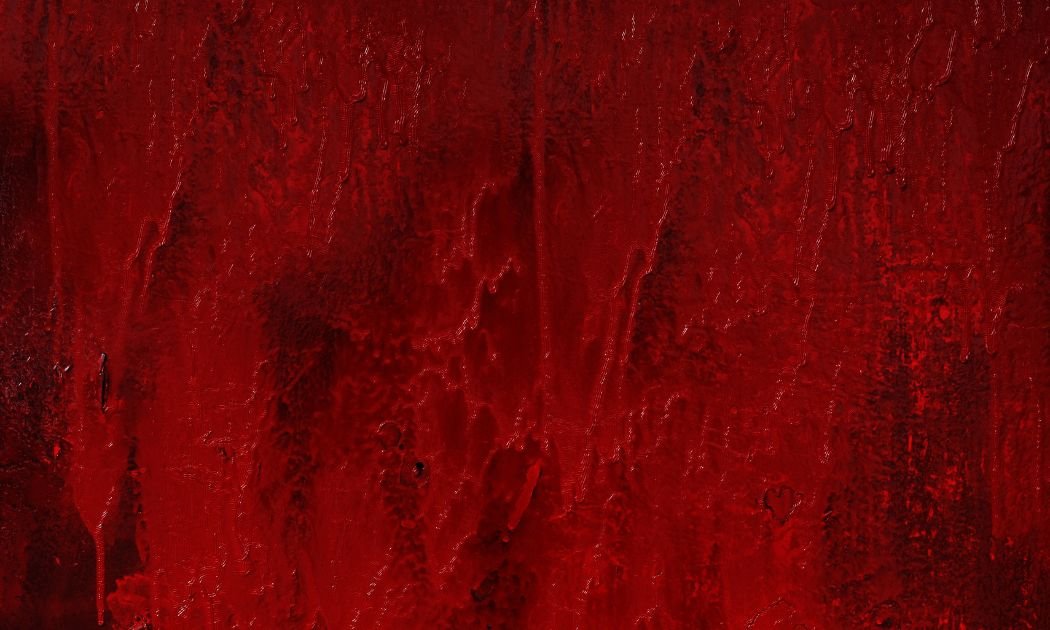
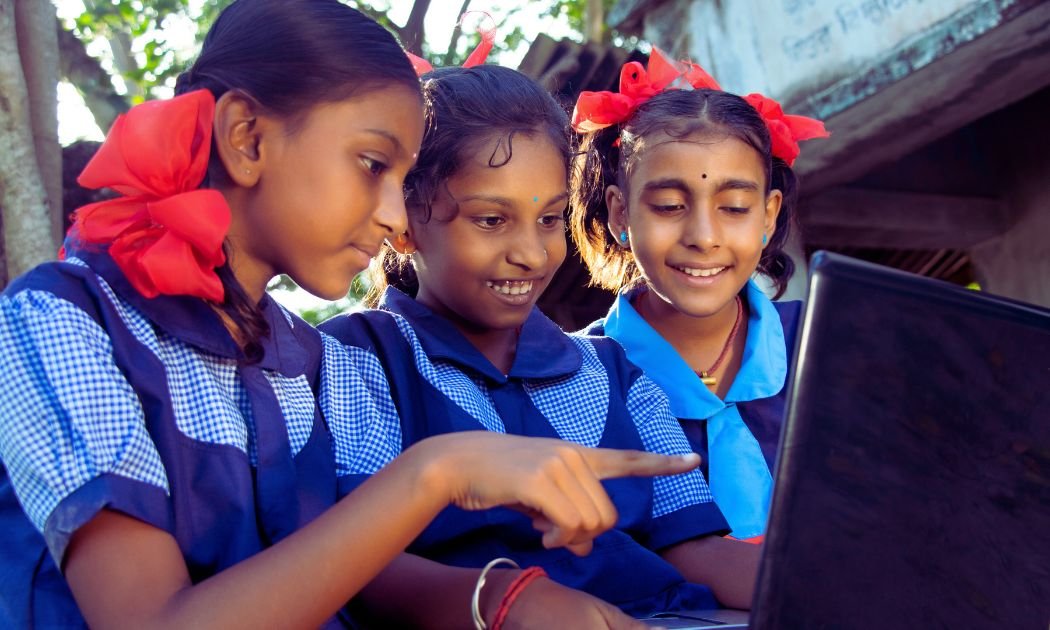





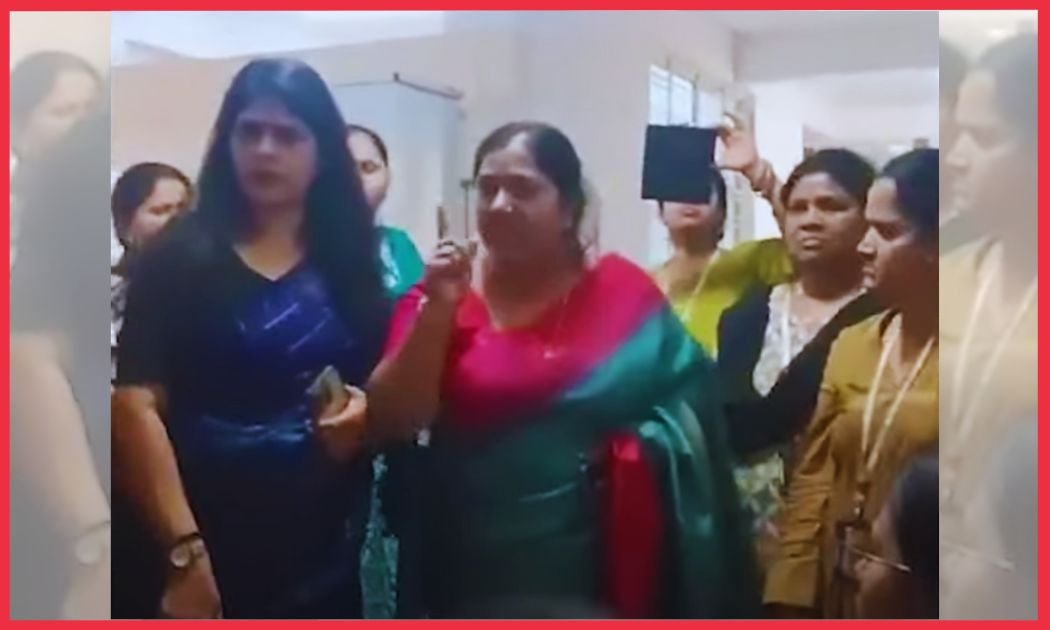
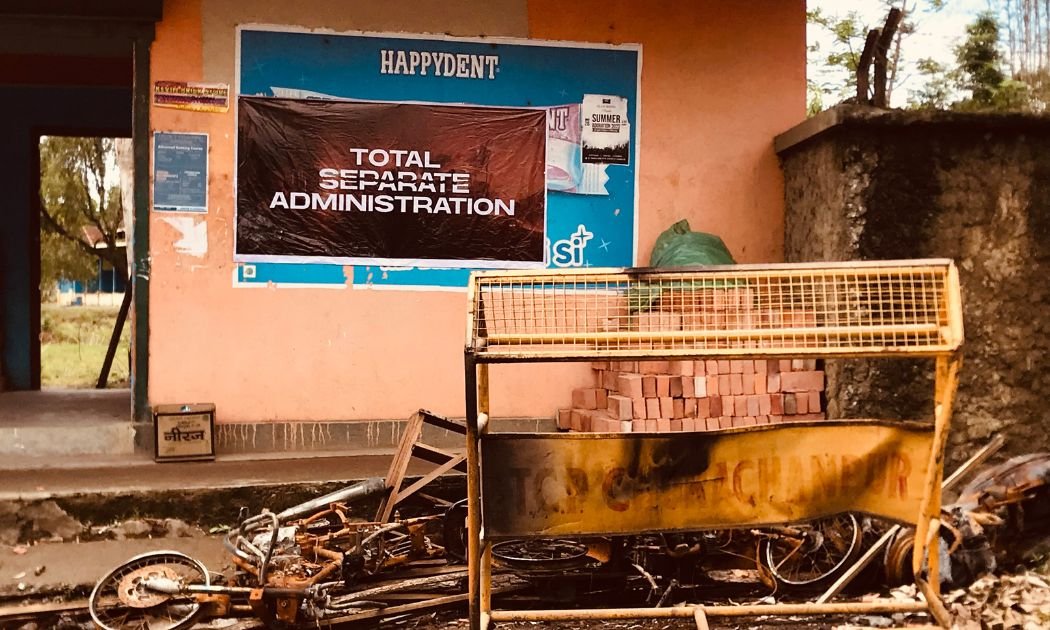

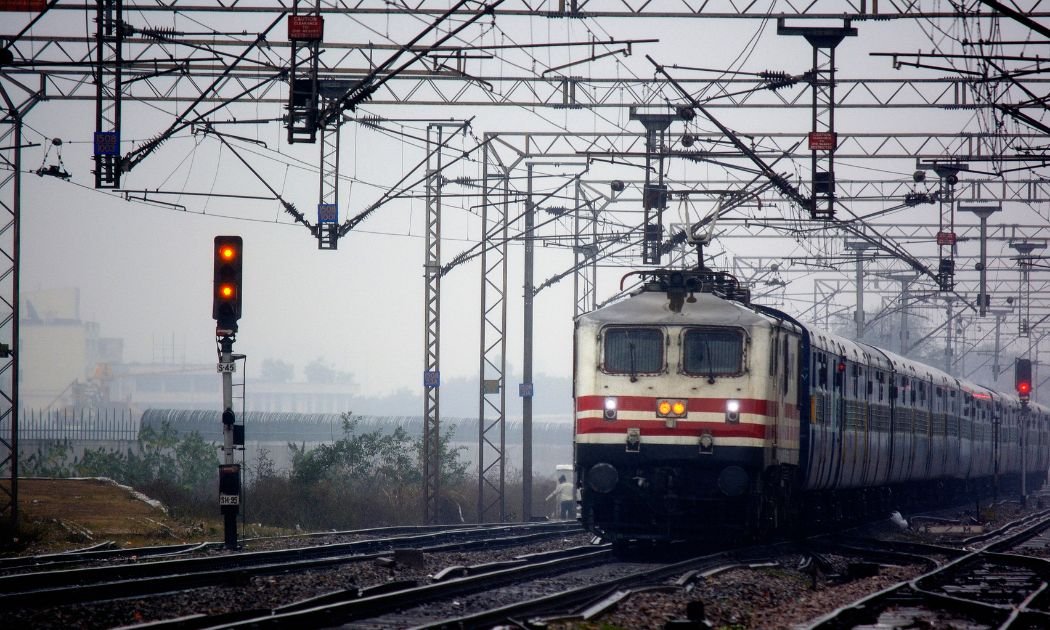
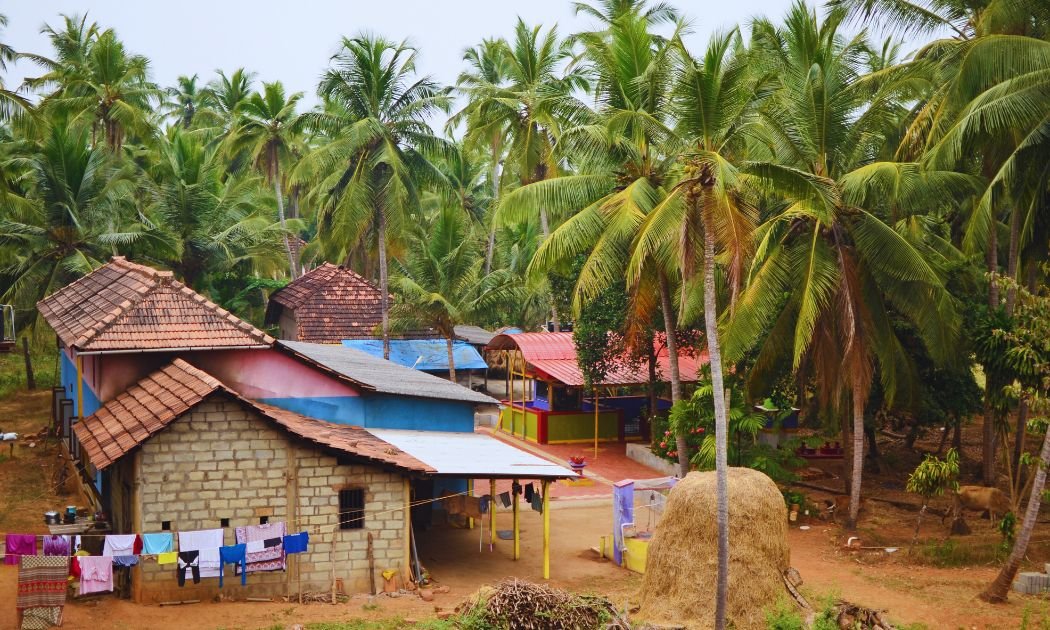
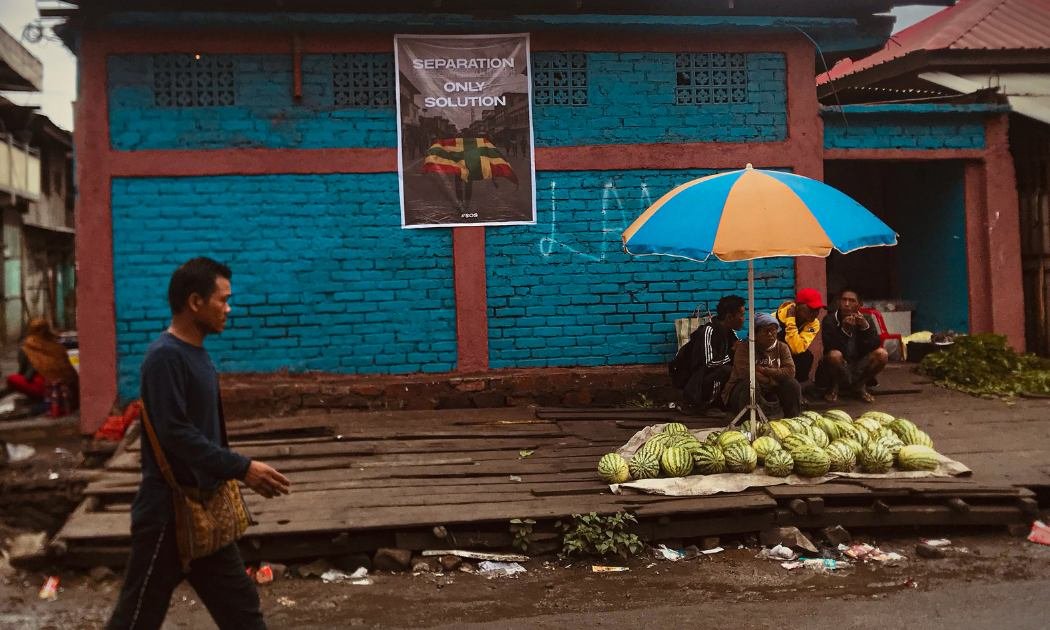


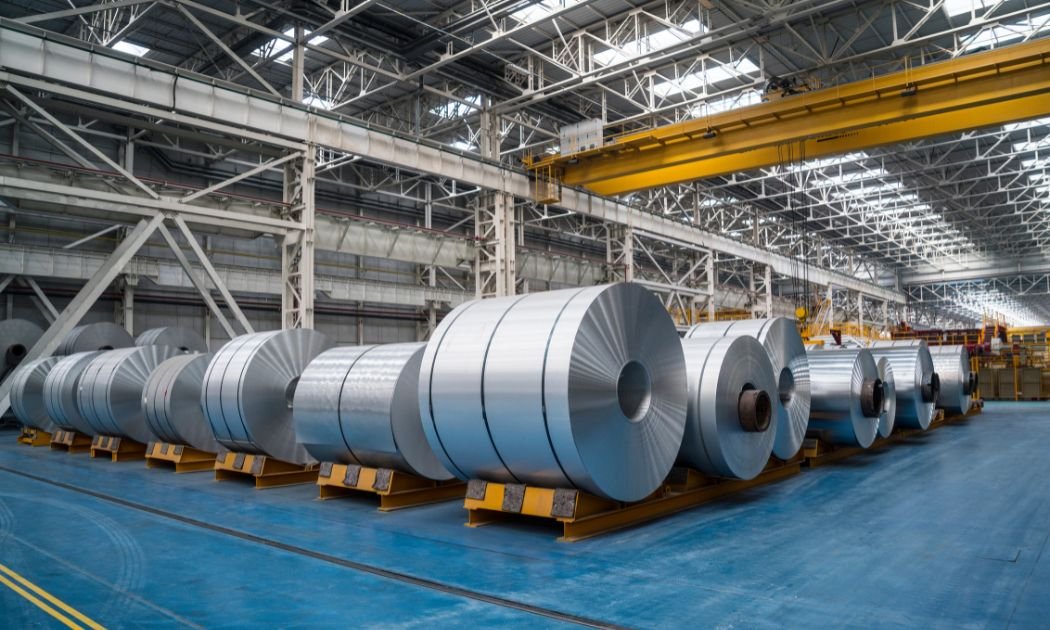
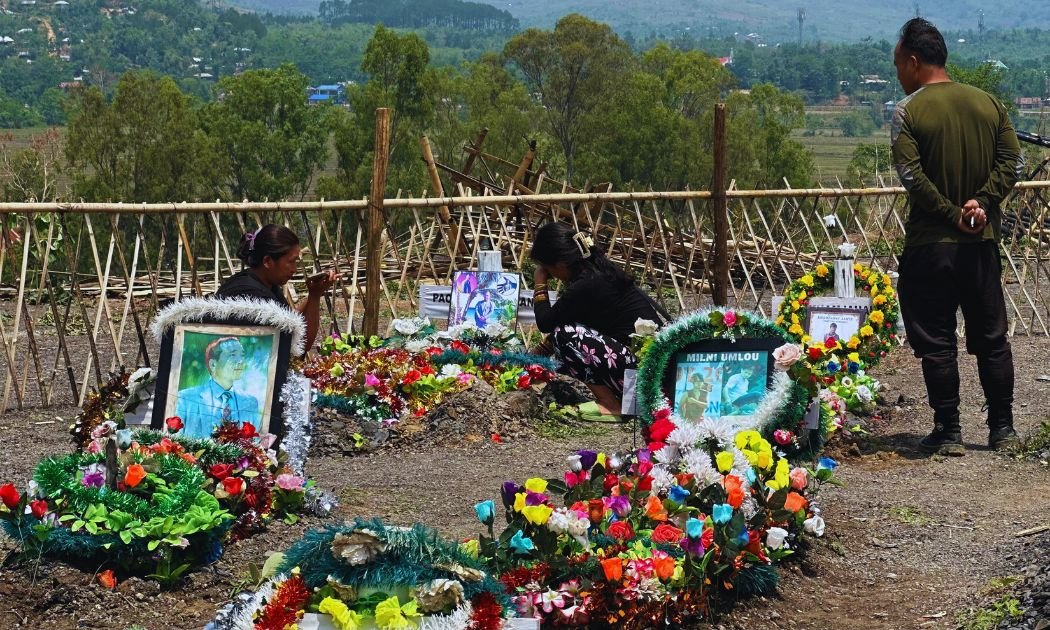
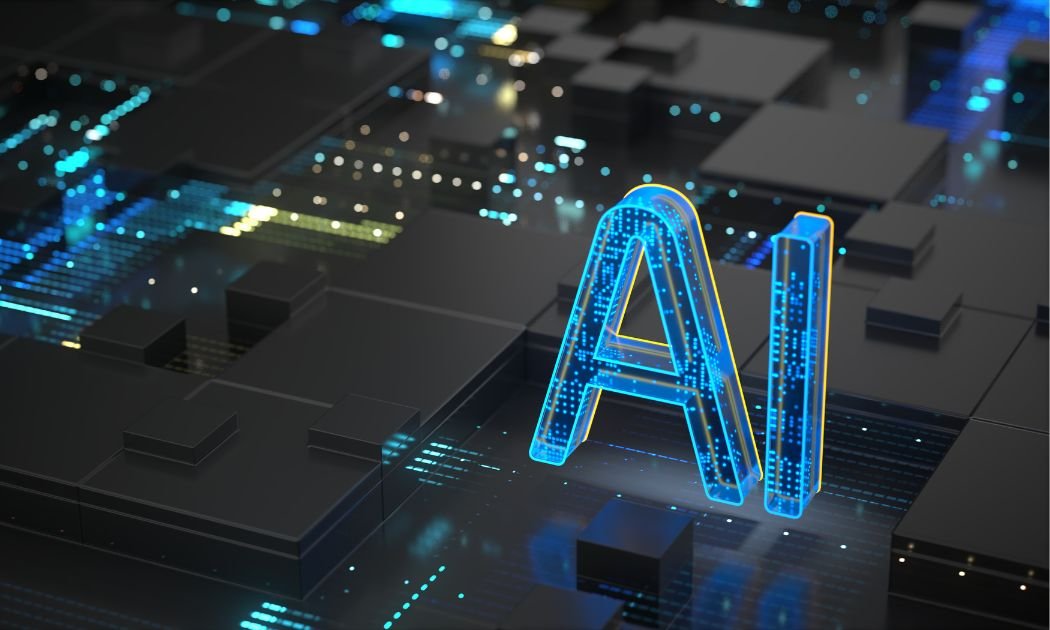
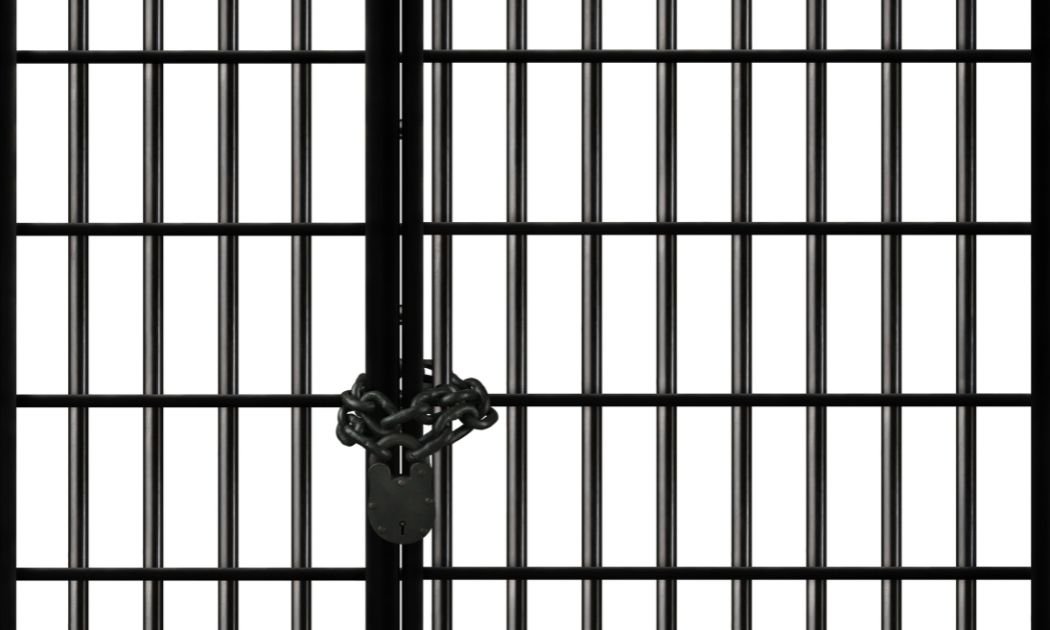
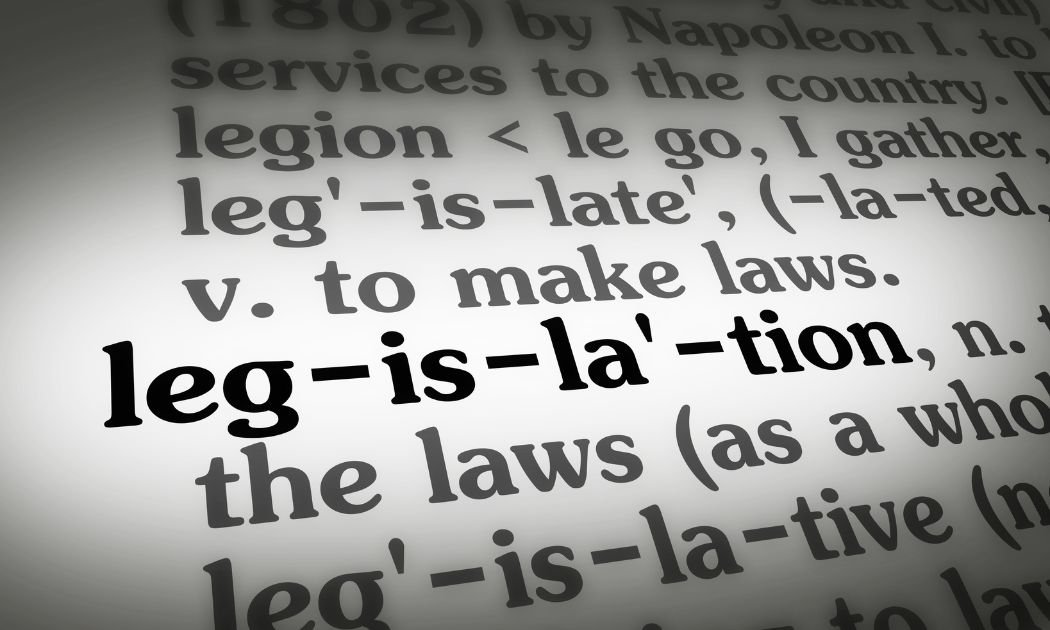
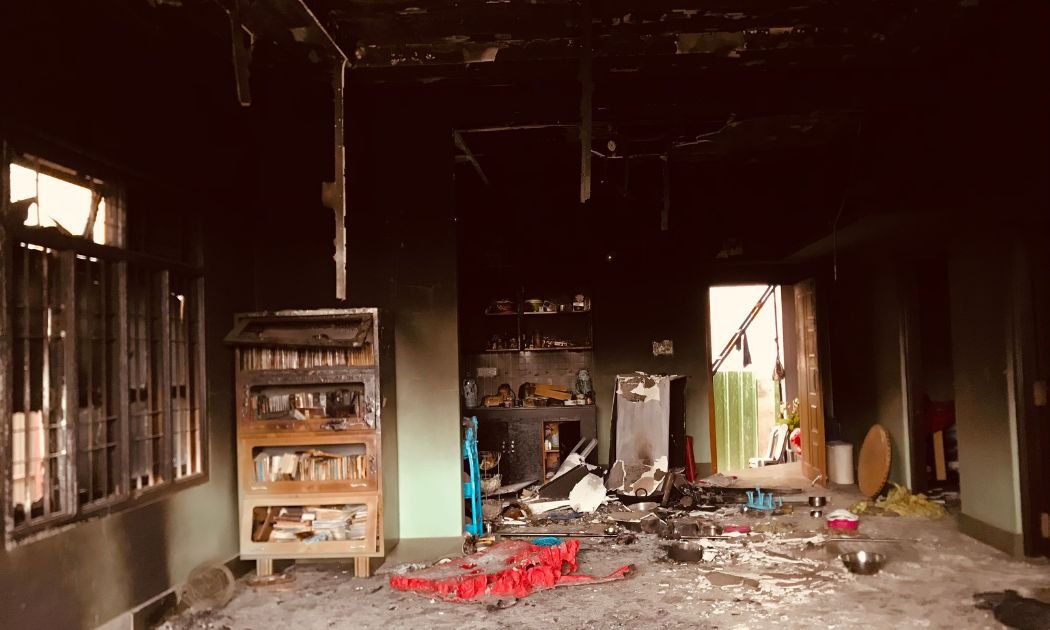
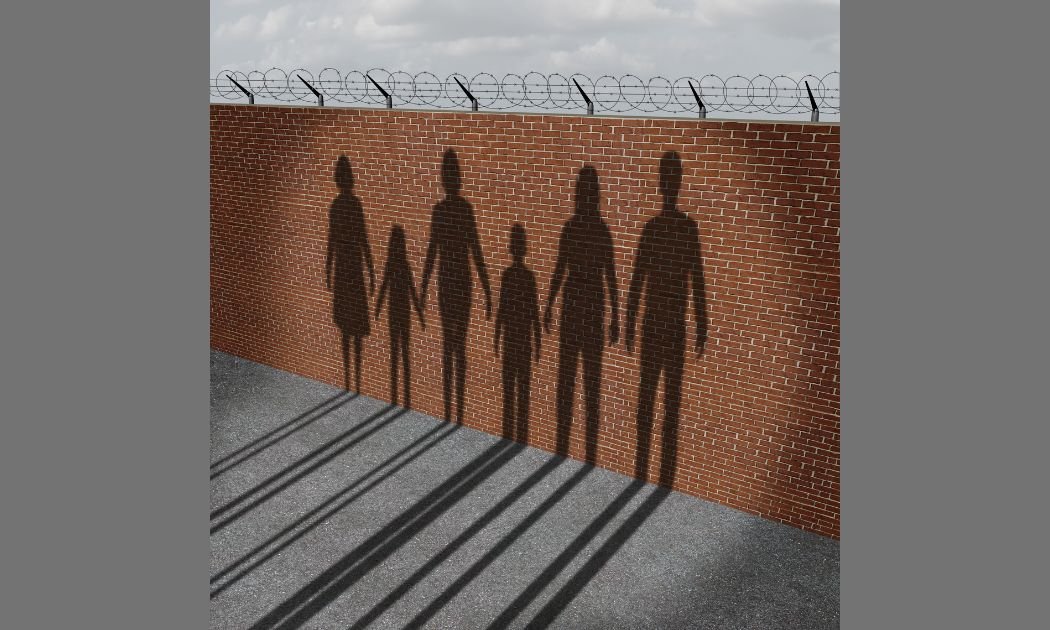
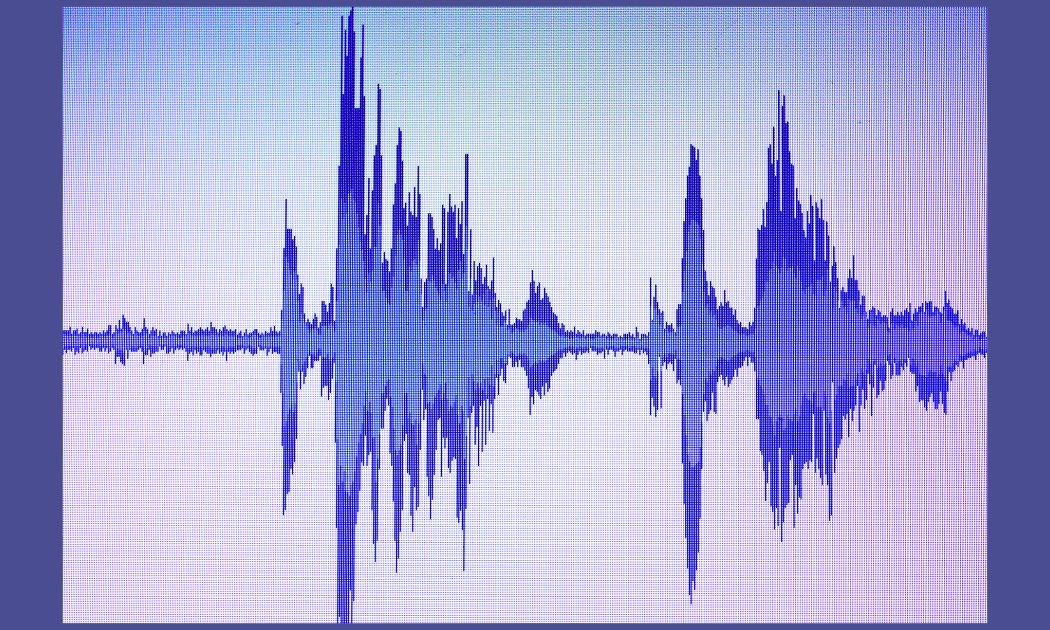
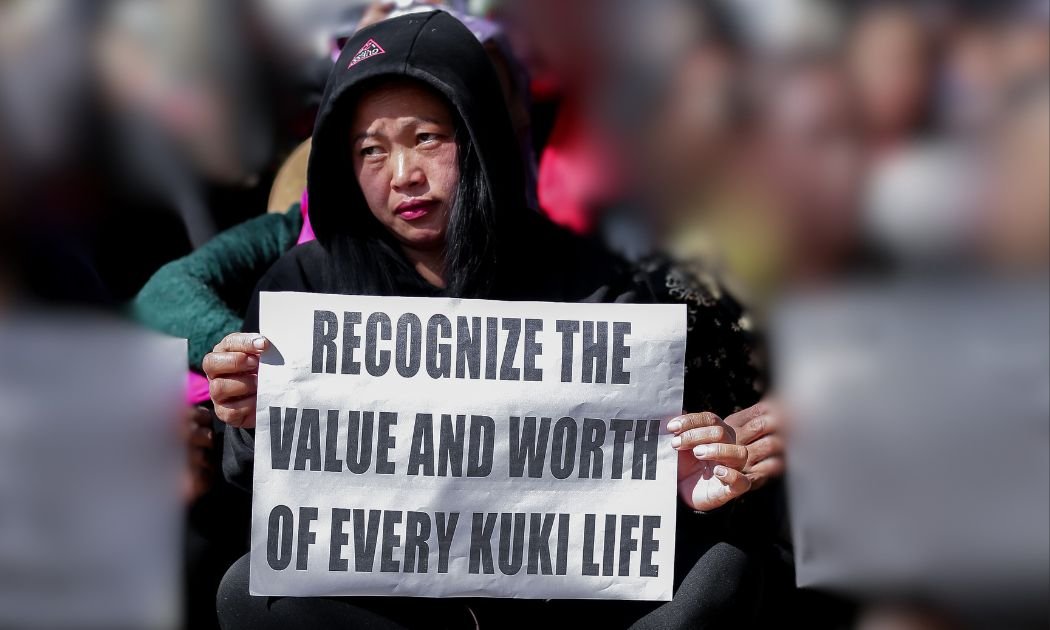
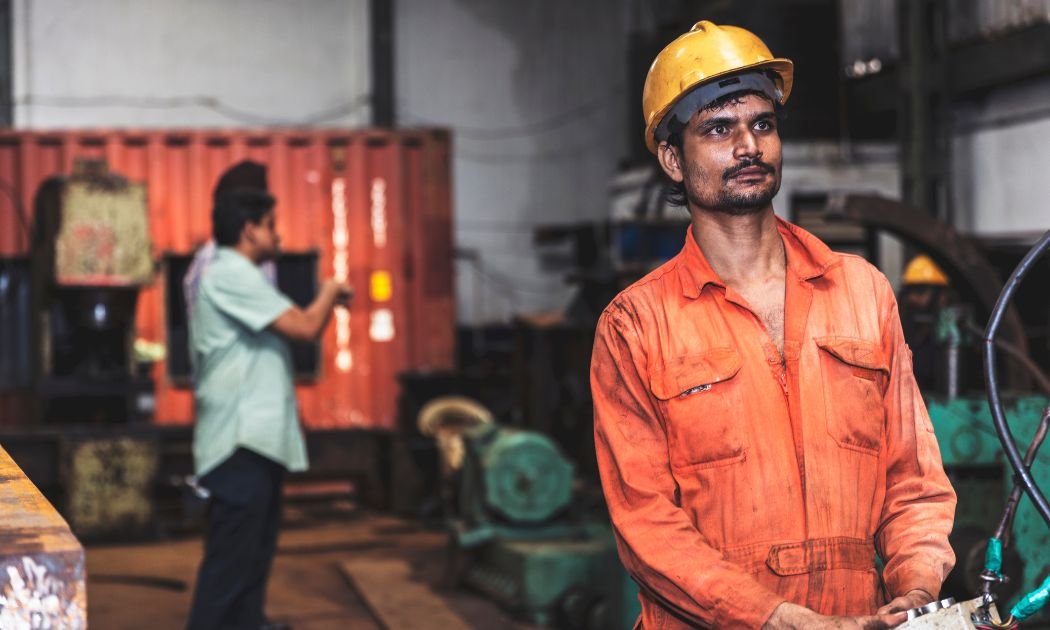
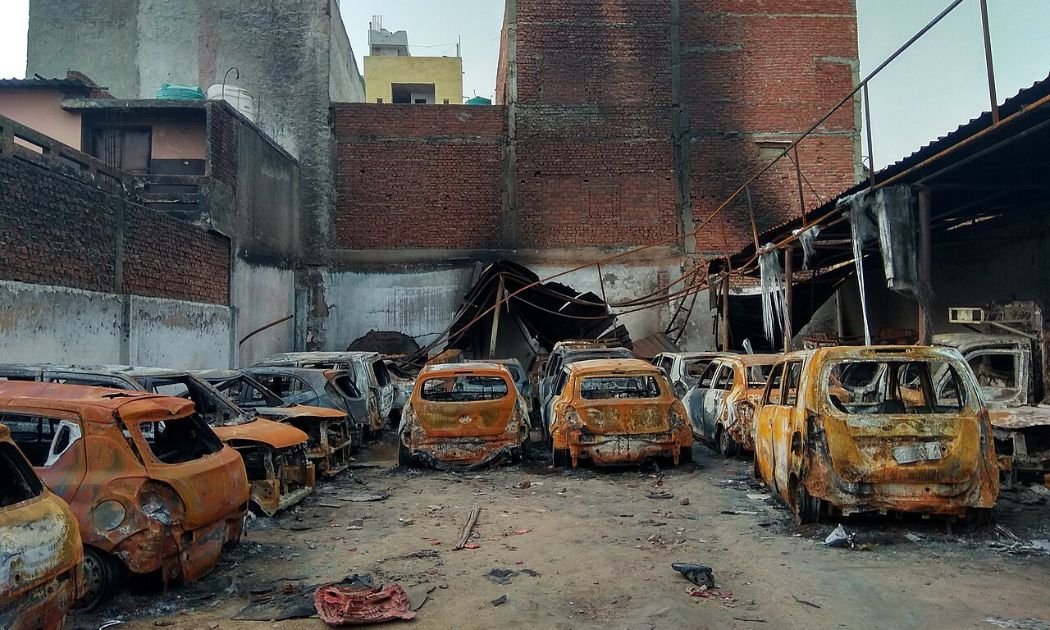
Manipur’s Governor appears to be calling for peace without addressing justice, accountability or institutional reforms, despite the previous state government being accused of supporting one side and enabling the systemic targeting of one community. The Governor’s current stance suggests an expectation for the people of Manipur to simply “move on,” as if the past can be set aside without justice or accountability.